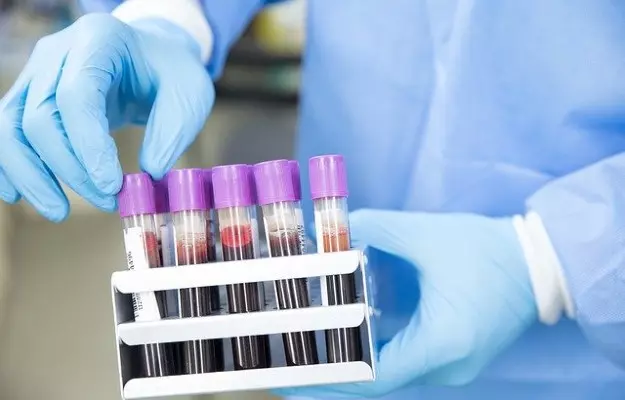ELISA is a serological (blood) test that is used to detect antibodies against specific microbes in your blood.
In late March 2020, the Icahn School of Medicine at the Mount Sinai Hospital developed an ELISA test for COVID-19. The test is supposed to check if a person has developed antibodies and is hence immune against the SARS-CoV-2 virus.
This is not a diagnostic test for COVID-19, but it is done to monitor an ongoing infection and see if the patient is developing immunity against it. The research team that developed the test says that this test can be done to find out which healthcare practitioners have already healed from the virus with an asymptomatic infection and hence are immune and can stand in the front line of treatment.
Read more: Point of care tests for COVID-19




























